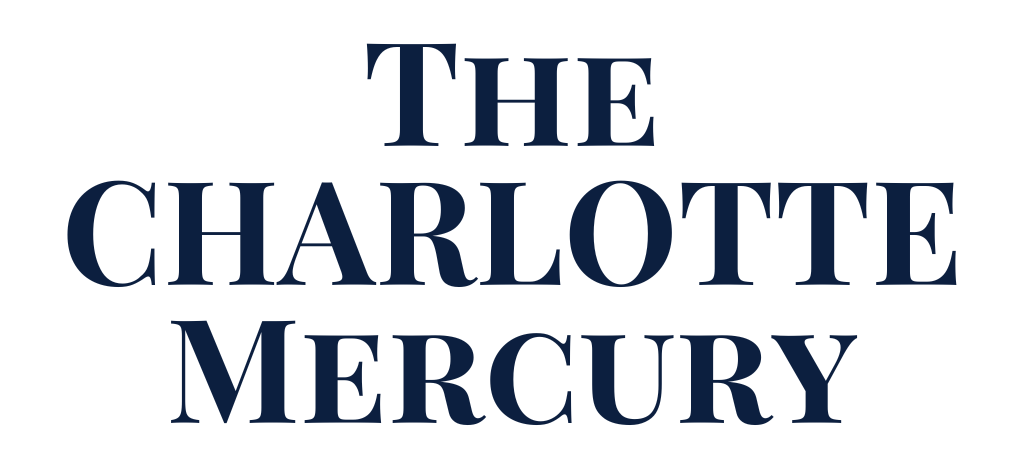Charlotte voters will elect four City Council members at-large in November 2025. These candidates don’t represent specific districts—they campaign citywide. And while the ballot says anyone can win, the results say otherwise.
Historically, Democrats dominate these contests. Republicans struggle to crack the top four. But why?
The short answer: Charlotte’s plurality-at-large voting system, partisan turnout behavior, and Demographic realities all work in tandem to structurally advantage Democrats.
The long answer? Let’s break it down.
What Is “Plurality-at-Large” Voting?
Charlotte’s at-large elections use a system known as block voting, or more formally, plurality-at-large voting:
- Voters may select up to four candidates.
- The top four vote-getters win the seats.
- All candidates run in the same pool. No runoffs, no districts.
This system tends to magnify the power of cohesive voting blocs—especially party slates. When one party dominates turnout, they often sweep all seats.
What the Ballot Allows—and What Voters Do
- Voters may choose up to four candidates.
- Many voters use all four votes.
- But some voters cast fewer than four votes—a behavior called bullet voting—to concentrate their influence on a favorite.
In Charlotte, most partisan voters behave predictably:
- Democrats vote for four Democrats.
- Republicans vote for four Republicans.
- Unaffiliated voters often split their ballots, but not consistently enough to change outcomes.
This behavior creates a structural dynamic: if one party turns out at higher volume, their candidates are likely to fill all available seats.
Why Democrats Win—Repeatedly
1. Charlotte Is a Blue City
According to Mecklenburg County BOE data:
- Democrats outnumber Republicans by more than 2 to 1 in city precincts.
- In the 2023 municipal election, Democrats won all four at-large seats. Again.
This pattern isn’t new. Democrats have swept the at-large field in every general election since 2011.
| Year | Dems Elected | GOP Candidates | Top GOP Finish |
|---|---|---|---|
| 2023 | 4 | 1 | 5th |
| 2021 | 4 | 2 | 6th |
| 2019 | 4 | 2 | 5th |
(Source: Mecklenburg County Board of Elections)
2. Turnout Magnifies the Divide
Charlotte’s municipal elections are low-turnout affairs. In 2023, about 16% of registered voters participated.
Those who do vote tend to be:
- Older
- Homeowners
- More politically engaged
Among these voters, Democrats remain the largest bloc. They also tend to vote for all four of their party’s candidates, creating a vote-multiplier effect.
Meanwhile, Republicans must not only consolidate their base but also win over independents and moderate Democrats to even have a chance.
The Republican Challenge
Despite running credible candidates, Republicans haven’t placed in the top four in over a decade.
Why?
- Mathematics: Even if a Republican candidate polls well, they need at least 25% of all ballots cast (assuming other Republicans do not cannibalize votes).
- No district advantage: At-large means citywide, and Charlotte’s electorate favors Democrats.
- No proportional representation: Charlotte’s block voting system provides no floor for minority party inclusion. A party with 35% of the vote can still win 0% of the seats.
The only Republican currently on City Council—Ed Driggs—represents District 7, a south Charlotte district with higher Republican density. That’s a district race. At-large is a different ballgame.
Is Anyone Breaking the Pattern?
Edwin Peacock III might.
Peacock is:
- A former at-large councilmember (2007–2011)
- A former Republican mayoral nominee
- Currently appointed to District 6
His brand of fiscally conservative moderation has historically resonated with unaffiliated voters.
But even Peacock has never cracked the top four in a modern at-large general election. To do so in 2025, he’ll need:
- Unified Republican support
- Cross-party endorsements
- Lower Democratic turnout or fragmentation
Still, Peacock’s reentry is the GOP’s best shot at a citywide foothold.
Why This Matters Beyond the Horse Race
Charlotte’s voting system is winner-take-all. The result?
- 40% of voters can win 100% of the seats.
- Minority viewpoints are often excluded from representation.
- No runoff means crowded fields can fragment votes and reward incumbents.
Charlotte is not alone here. Plurality-at-large voting is used in many U.S. cities and school boards. But the system is widely criticized by political scientists for distorting proportional outcomes and reinforcing single-party rule, especially in racially or politically diverse jurisdictions.
The Bottom Line
Charlotte’s at-large City Council elections are not rigged. But they are rigged by arithmetic.
- Democrats are structurally positioned to win multiple seats—often all four.
- Republicans, even well-known ones, face an uphill climb.
- The system rewards turnout discipline, slate coherence, and incumbency.
Unless Charlotte overhauls its voting method, expect the outcome to keep reflecting the same fundamentals: math, not magic.
Read More in Our 2025 Election Hub
Want This in Newsletter Form?
Subscribe to The Charlotte Mercury for original political reporting that doesn’t track you or waste your time.
